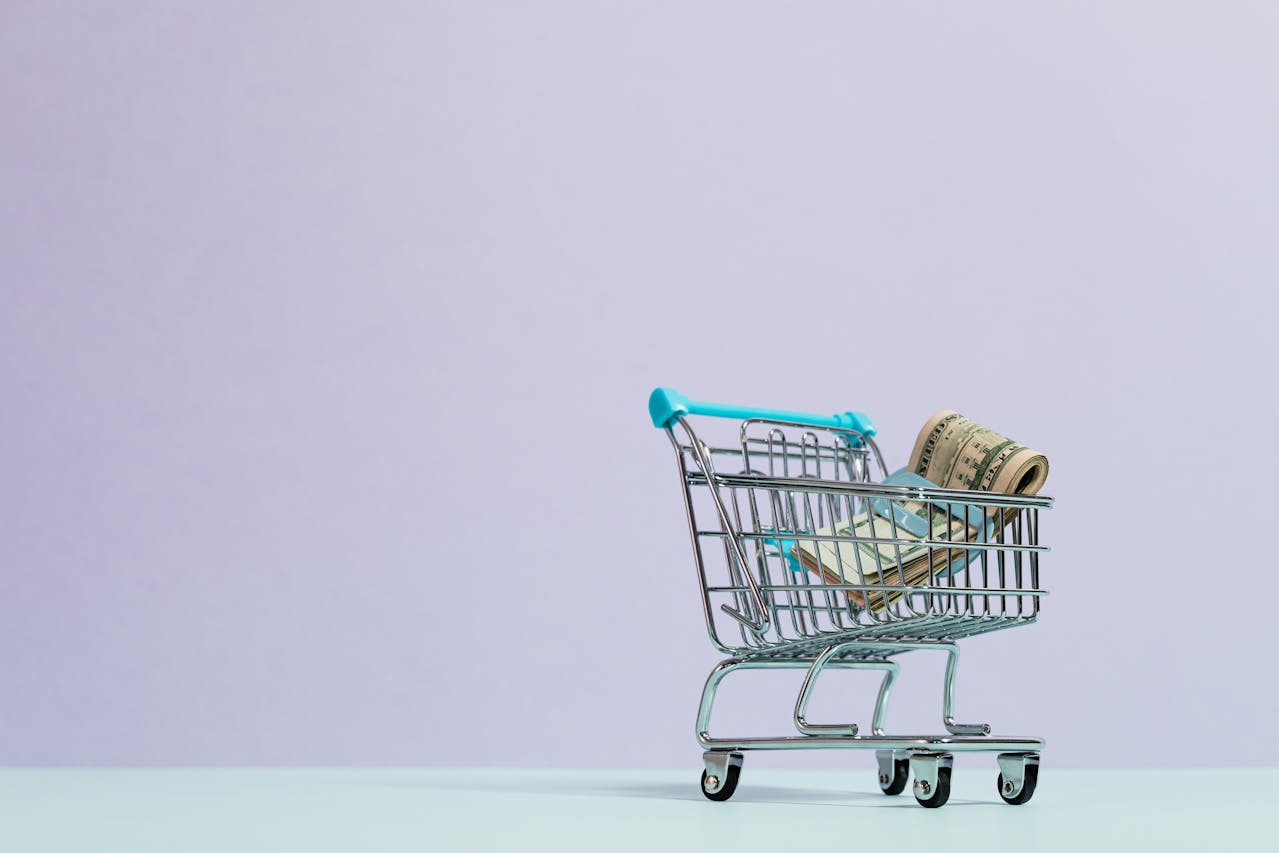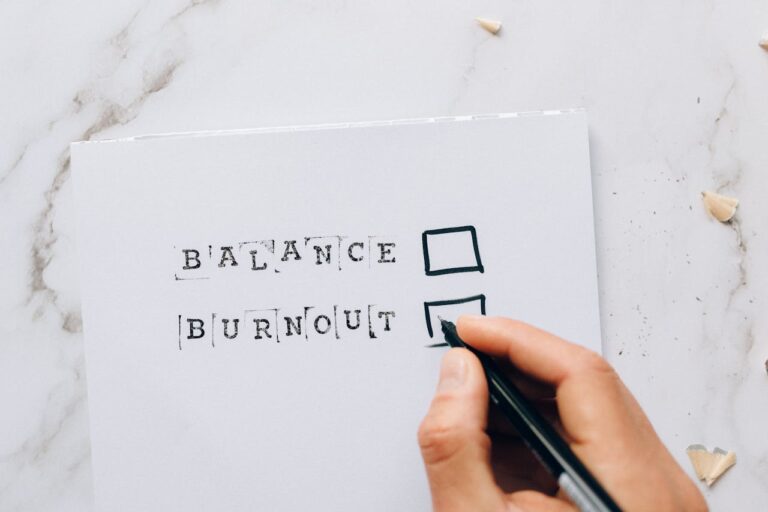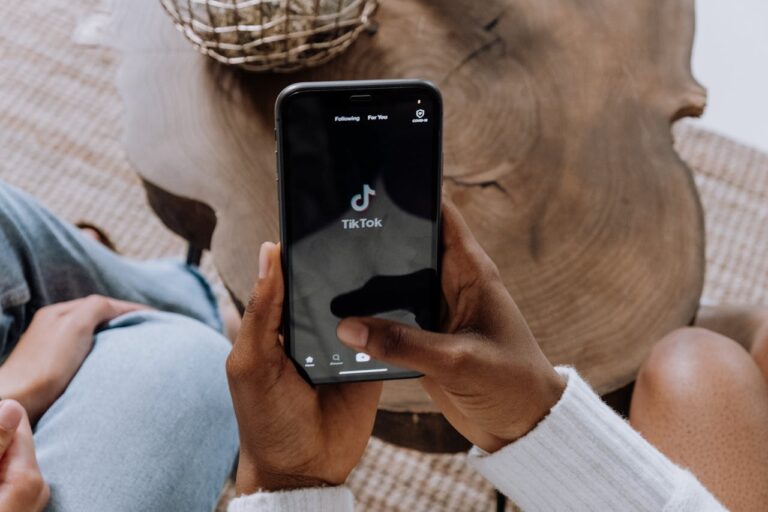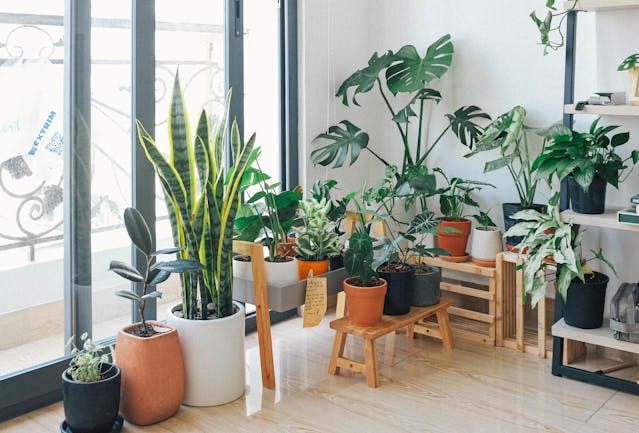Write Us: hello@ali5.org
Budgeting in 2025: Smart Tools That Make Saving Money Easier
Saving money in 2025 doesn’t have to be hard. Discover the best budgeting tools that simplify your finances, track spending in real-time, and help you build better habits, without the stress.

Let’s be real: budgeting isn’t fun. No one wakes up excited to track expenses or update a spreadsheet. But here’s the good news: in 2025, budgeting doesn’t have to be tedious. It doesn’t even have to be manual.
Smart budgeting tools have evolved big time. We’re not just talking about calculators or Excel anymore. Today’s tools are intelligent, automated, and made for real people with real financial goals, even if those goals are just “stop overspending” or “figure out where all my money goes.”
The best part? You don’t need a finance degree to use them.
Let’s break down why budgeting is different now, what tools are worth your time, and how to build money habits that stick.
Why Budgeting Still Matters in 2025
Inflation, subscriptions, lifestyle creep, it’s easier than ever to lose track of your money. The old “write it all down and hope for the best” method doesn’t work anymore. You need a system, and ideally, one that runs itself.
Here’s what a smart budgeting tool should do in 2025:
-
Track your income and expenses automatically
-
Categorize your spending without manual input
-
Alert you before you overspend
-
Help you plan for savings, debt, and big expenses
-
Sync across devices, banks, and platforms
Whether you’re saving for a house, trying to pay off a credit card, or just want to stop feeling broke by the 20th of every month, smart tools can help.
The Best Budgeting Tools to Try in 2025
Here’s a look at the top contenders, and what makes each one stand out.
1. Copilot. Best for Visual Thinkers
Platform: iOS (Android coming soon)
Price: Free trial, then subscription-based
Copilot isn’t just pretty, it’s powerful. This app automatically syncs with your accounts, categorizes your expenses with scary accuracy, and gives you visual breakdowns of where your money’s going. It’s made for people who want to see their finances at a glance and get them instantly.
Why it’s great:
-
AI-driven insights and reminders
-
Color-coded categories
-
Smart budgeting suggestions
-
Great UX, no overwhelm
If spreadsheets make your brain melt, Copilot is your new best friend.
2. YNAB (You Need A Budget). Best for Habit Builders
Platform: iOS, Android, Web
Price: Free trial, then $14.99/month
YNAB isn’t just a tool, it’s a philosophy. It teaches you to “give every dollar a job” and treat budgeting like a living, breathing plan. You manually assign money to categories, which sounds like work… but the payoff is real.
Why it’s great:
-
Helps break the paycheck-to-paycheck cycle
-
Excellent for long-term financial planning
-
Tons of resources and community support
-
Great for couples or families sharing finances
If you want to change your relationship with money, YNAB is worth the learning curve.
3. Monarch Money. Best All-in-One Budgeting App
Platform: iOS, Android, Web
Price: Free trial, then subscription
Monarch combines the power of budgeting with long-term wealth planning. It pulls in your investments, debts, savings goals, and spending habits all in one dashboard.
Why it’s great:
-
Clean design with big-picture tools
-
Collaborate with a partner (perfect for joint finances)
-
Set goals and track progress visually
-
Privacy-focused, ad-free
It’s like having a financial planner in your pocket, minus the awkward office visits.
4. Rocket Money. Best for Canceling Subscriptions
Platform: iOS, Android
Price: Free, with optional premium features
Rocket Money (formerly Truebill) helps you save money without thinking too hard. It automatically tracks your subscriptions, alerts you about upcoming bills, and can even negotiate lower bills on your behalf.
Why it’s great:
-
Find and cancel unwanted subscriptions
-
Monitor upcoming charges
-
Smart budgeting insights
-
The bill negotiation feature saves serious cash
This is perfect for anyone who keeps forgetting to cancel that streaming service they never use.
5. Goodbudget. Best for Envelope Budgeting Fans
Platform: iOS, Android, Web
Price: Free version, premium option available
Goodbudget is a digital spin on the classic envelope method, where you assign cash to envelopes and spend only what’s inside. It’s great for people who want more structure and discipline in their budgeting.
Why it’s great:
-
Simple, easy-to-use
-
Great for couples syncing budgets
-
Helps prevent overspending
-
Encourages intentional spending habits
If you want to feel more in control of your cash flow, this one’s a solid pick.
How to Stick to Your Budget (Even If You Hate Budgeting)
Here’s the thing: tools only work if you use them. The key is to keep it simple and build a system you don’t hate.
Try this approach:
-
Pick one app and stick with it for 30 days. Don’t bounce between tools. Give it time to learn your patterns.
-
Start with awareness, not control. Just track your spending first. Once you see where your money goes, you’ll naturally start adjusting.
-
Automate wherever possible. Set recurring savings transfers. Use automatic bill payments. Let the app categorize expenses.
-
Set tiny goals. Don’t aim to save $10,000 right away. Try “no takeout this week” or “save $50 this month.”
-
Do weekly check-ins. Five minutes every Sunday to glance at your budget can save you major stress later.
What’s Different About Budgeting in 2025?
Here’s the real shift: budgeting isn’t just about cutting back anymore. It’s about making smarter choices, faster, and freeing up your time and brainpower for things you care about.
Thanks to automation, AI, and real-time alerts, you don’t need to obsess over every receipt. You can focus on goals, not just expenses. Whether you want to travel more, pay off debt, or just not panic when your rent hits, smart tools in 2025 make it easier than ever to get there.
Final Thoughts: You’re Not Bad at Budgeting. You Just Didn’t Have the Right Tools
The truth? Most people aren’t “bad” with money. They just haven’t had tools that fit their lifestyle. Budgeting in 2025 is about working with tech to build habits that feel natural, not forced.
You don’t need to be perfect. You just need to get started.
Choose a tool, track your spending, and give it 30 days. The future of your finances isn’t about hustle, it’s about systems.







